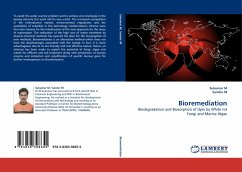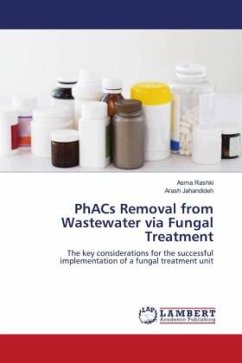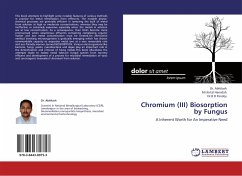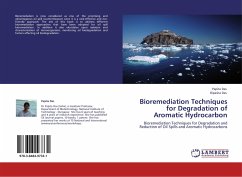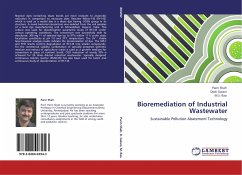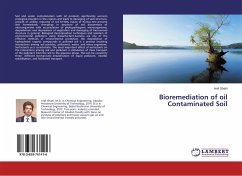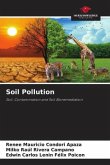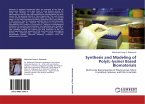To avoid the water scarcity problem and to achieve zero discharge in the dyeing industry this work will be very useful. The increased competition in the international market, environmental regulations and the availability of subsidies in the technology modernization scheme were the main reasons for the introduction of this new approach for the reuse of wastewater. The realization of the high cost of waste treatment by physico-chemical methods has opened the door for the investigation of new methods. Bioremediation is an alternative method which does not have the disadvantages associated with the sludge. In fact, it is more advantageous due to its eco-friendly and cost effective nature. Hence, an attempt has been made to exploit the potential of fungi, algae and weeds for effluent and soil treatment along with production of laccase enzyme and extraction and amplification of specific laccase gene for further investigations on Decolorization.
Bitte wählen Sie Ihr Anliegen aus.
Rechnungen
Retourenschein anfordern
Bestellstatus
Storno

